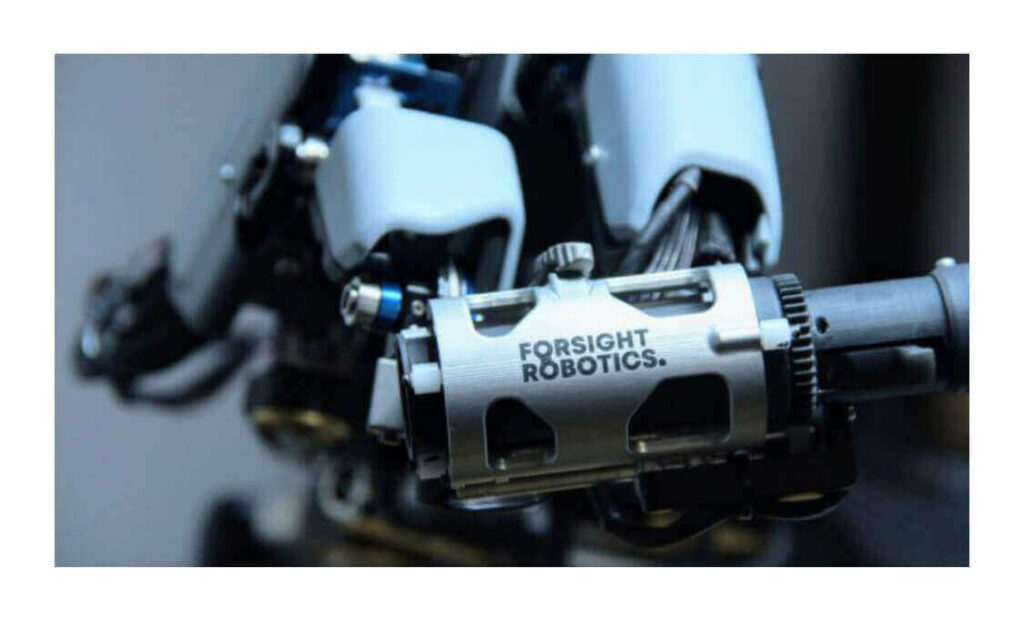
Israel has successfully established itself as a pioneer in medical technology – a fact that hasn’t escaped the notice of investors around the world. Now, an Israeli start-up has successfully raised $10 million to fulfil a bold new vision: an end to avoidable blindness. The potential for such a development is hard to overstate.
For most people, the sense that they would miss the most would be sight. Going blind can drastically impact your quality of life, affecting virtually all of your day-to-day activities. Over 2 billion people in the world have some form of visual impairment, while it is estimated that over 4 million people in the UK alone will suffer from sight loss by 2050.
Nearly half of all such sight loss is either preventable or treatable though. For example, cataracts (one of the leading causes of blindness) can be removed with surgery. But while these operations are relatively accessible and common here in the UK, for many parts of the world they are still out of reach condemning hundreds of thousands of people to living in permanent darkness. This could be about to change, however, thanks to the new start-up: ForSight Robotics. One of the major obstacles to corrective surgery is the time and effort required to train medical professionals to perform incredibly intricate procedures. ForSight Robotics, based in Haifa, will resolve this issue by developing robotic technology that will assist these procedures every step of the way.
$10 million seed money has now been raised for the company by Professor Moshe Shoham, a world leader in robotics technology who teaches the subject at the Technion-Israel Institute of Technology. The money will help enable ForSight to “transform ophthalmic surgery from art to science,” according to co-founder Dr Feldman. The new technology with automate much of the current process, assisting eye surgeons in operations that currently take years to master. This new venture is only the latest success story to emerge from Technion – Israel Institute of Technology. Since 1912, the academic institution has been at the forefront of spearheading Israel’s scientific endeavours. Israel today is the country with the highest percentage of scientists and engineers– and the majority of them studied at the Technion, home to three of Israel’s five science Nobel Laureates.
Alan Aziz, CEO of Technion UK, commented: “Every day the Technion is nurturing brilliant minds for the future. Robot doctors curing blindness might sound like science-fiction, but this latest development from one of our professors could soon make it a reality. Once again, Technion is leading scientific revolutions that can change the lives of people both in and outside of Israel.
Notes to editor about Technion:
The Technion has earned a global reputation for its pioneering work in nanotechnology, life sciences, stem-cell technology, water management, sustainable energy, information technology, biotechnology, materials engineering and aerospace. It is also one of only five similar institutes worldwide that include a medical school, encouraging rapid progress in biotechnology, drug development, and stem-cell technology. As Israel’s centre for high-tech education and research, the Technion is central to the nation’s economic progress. As the premier institute of its kind in the region, Technion breakthroughs can benefit all the nations of the Middle East. As a worldclass research university, the Technion helps advance the frontiers of science and technology to benefit people around the world.
